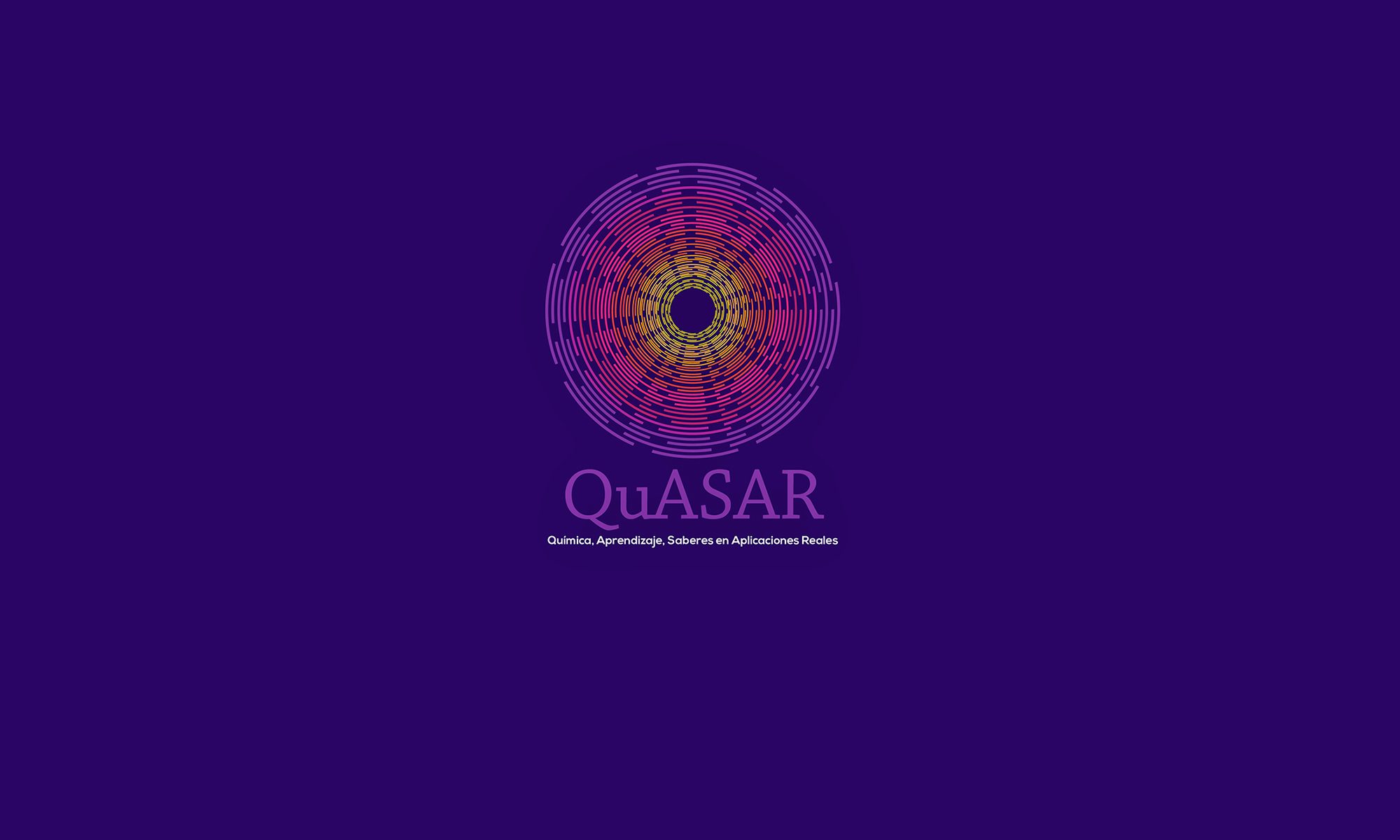Chemistry and its Applications: a pedagogical look
Chemistry and its Applications: a pedagogical look
This line aims to relate the basic concepts of chemistry with the world around us and identify how through the different materials we use or their composition we can get to understand and control processes that affect the environment, among others.
At present it is vitally important that scientific knowledge be learned and socialized with a view not only to teach from a school environment but to build society.
In addition, within the multiple and possible applications that are evident in Chemistry, what is sought is to establish how the evolution of humanity has led to these types of advances that have allowed the development of both cognitive and motor skills in response to situations of everyday life. What is relevant here is how from the pedagogical point of view, the different methodologies and techniques can be applied to improve the teaching and learning process in the education of future Graduates in Chemistry. This line seeks to give a look to the past and the present to improve the future and to generate ideas that promote research based on chemistry in particular and science in general.
Innovation in science: chemistry and its application to pedagogy
This line of research arises when analyzing the development of modern societies, which have developed from the construction of their own knowledge, and its evolution has led to the generation of innovation processes being these processes, consubstantial.
There are numerous approaches to the application of knowledge used as a basis to explain the role of science and its relation to pedagogy to be transformed into how we should teach it. The processes of innovation in the sciences, social sciences, do not depend exclusively on the development of scientific activities, but it has been established that there is a very close link between science and innovation
Therefore, the following questions have been raised to be resolved:
- How to identify if an educational process in science is innovative?
- What approaches between science and innovation are used for the teaching of chemistry?
- What is the impact of the teaching of chemistry with traditional knowledge compare to the teaching of chemistry based on innovative knowledge in it?
